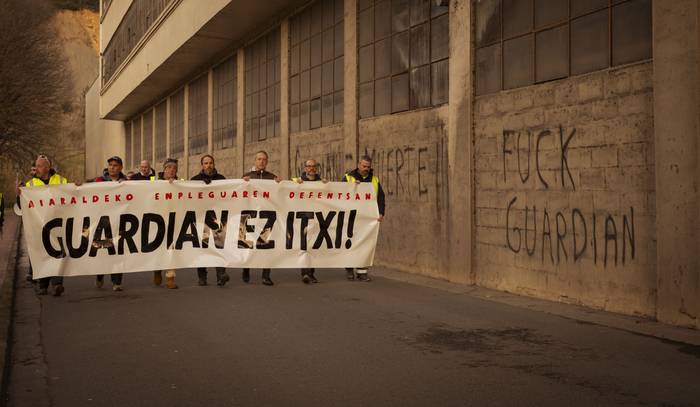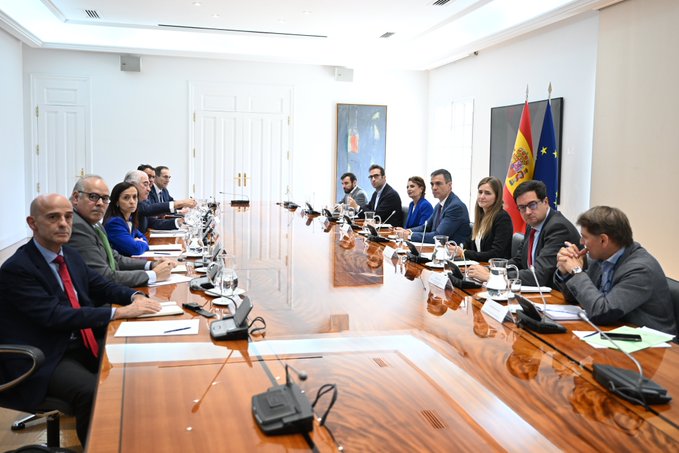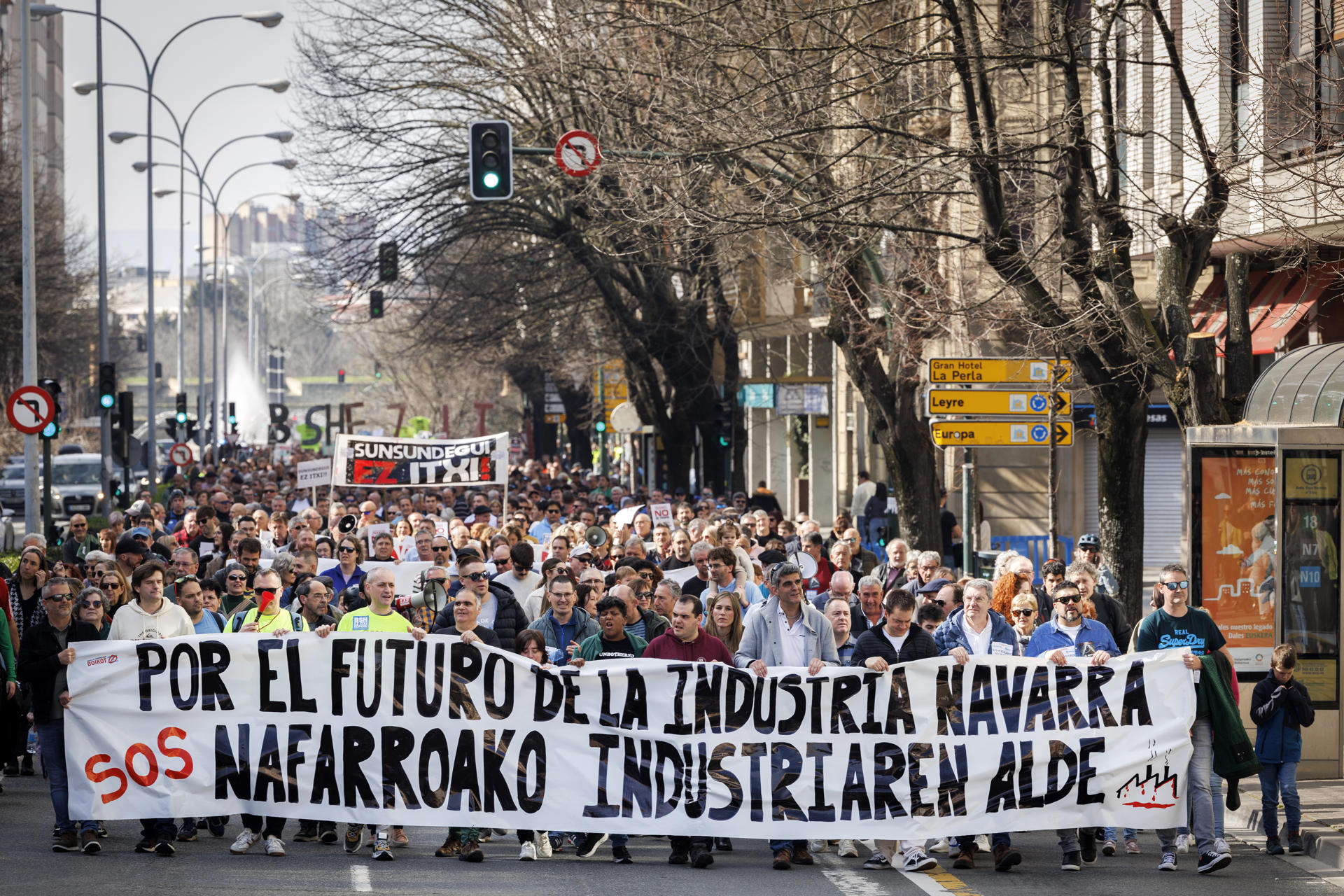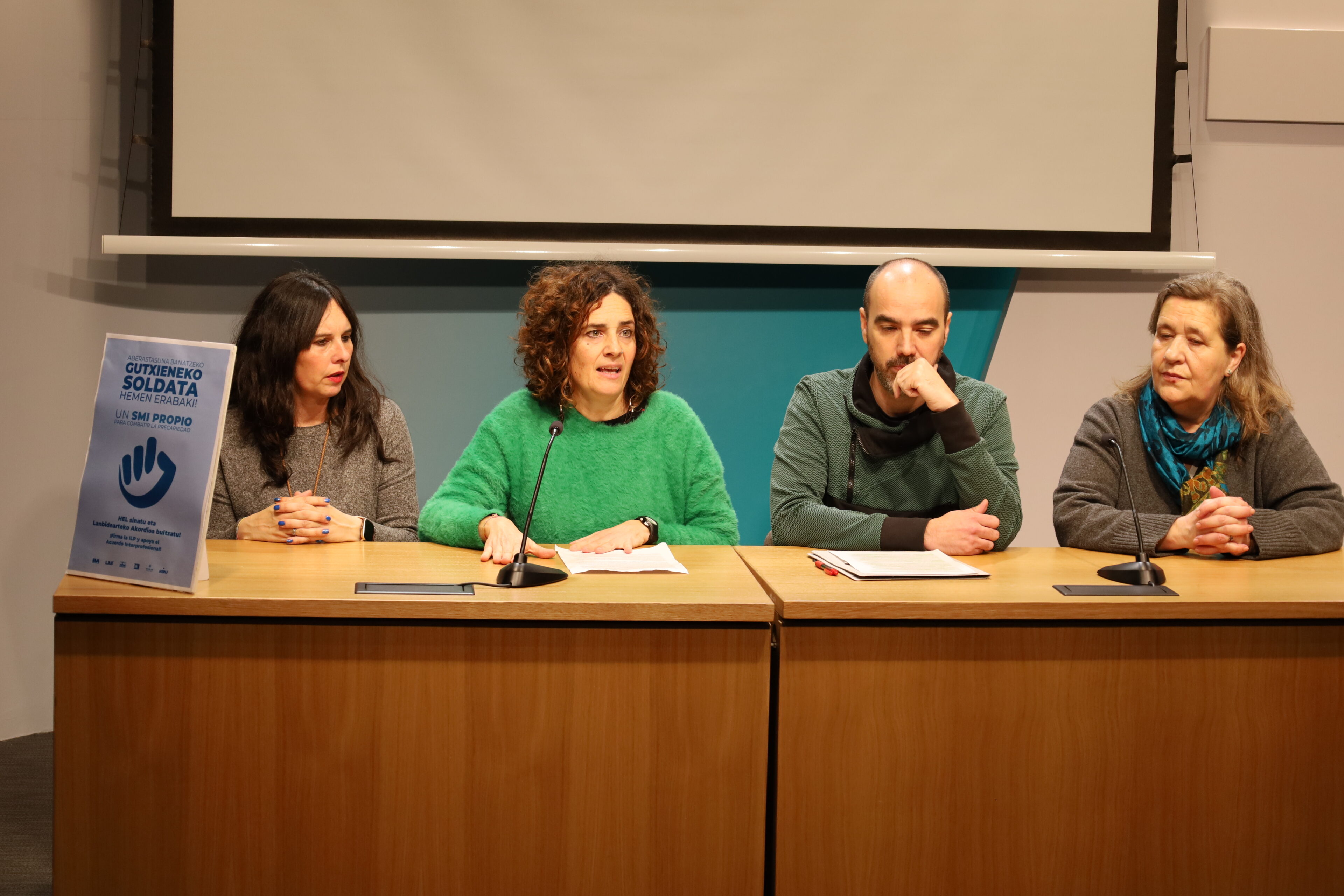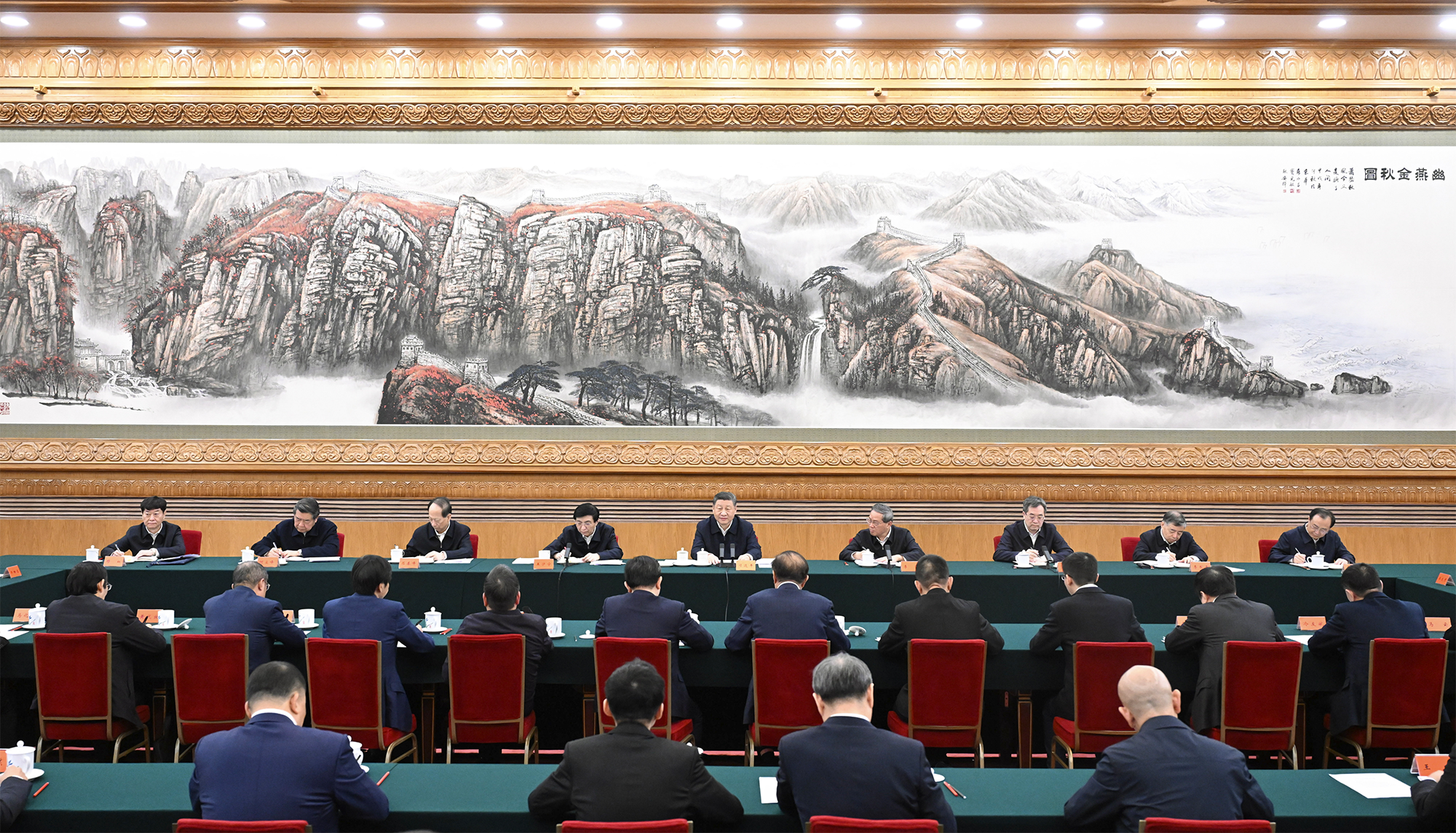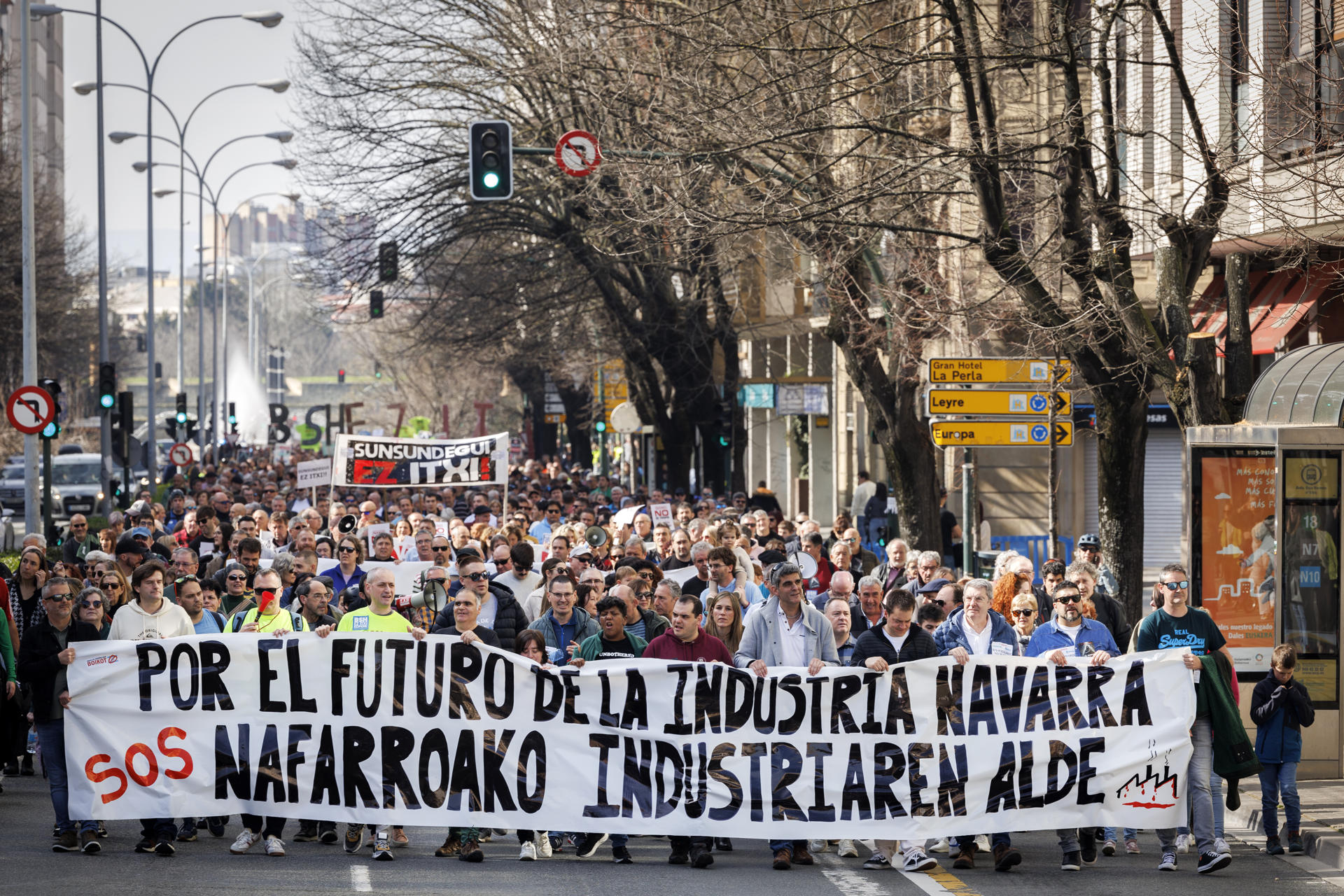Yesterday we learned that the end of the company Guardian Llodio (formerly Villosa) had been signed by the majority of the workers surrendering and accepting the final offer of compensation for damages. In return, however, they have renounced the judicial complaint.
For the multinational it has been a great ending, as it has behaved in an arrogant way at all times and no one has confronted it. Neither the Basque Government (which allowed him to turn off the oven, as the unions have repeatedly denounced) nor many of the workers who will be fired. And that was no coincidence.
The company set up the trap more than a decade ago and has been slowly closing the rope around the workers’ necks.
The bankruptcy attitude of the Guardian workers has three explanations:
- The disastrous and agonizing pattern of Glavista’s shutdown; the workers have failed to get what they are owed from FOGASA and many Guardian workers feared it. They preferred to take the money and send the company to the wreck for the benefit of the company.
- Ability of the company to exploit discrepancies between employees. In fact, it was no coincidence that some people forced the vote yesterday. There has been direct management intervention behind it.
- The multinational took numerous steps in the direction of Guardian’s shredding. After the 2012 strike, he made an effort to put as many disguised workers as possible (i.e. those who had gone through active strikes and/or were not docile) in the same group, which would later become Glavista. In Guardian, of course, there were also conscious workers. But over the years, those who showed less class consciousness formed a large group in it, as it was seen yesterday and as many predicted. This script was known by many employees, as well as by the company.
A chronology of Guardian's operation
As we said, the closing process that began in January was clear to many workers, as the company has taken eleven steps in this direction for more than ten years, with the sole purpose of moving production to another cheaper place.
Therefore, the unions have insisted that there was no objective reason for the closure of the plant, but a long-established route.
This policy began in 2000 when the flat laminate production line was moved to Tudela, where wages are lower.
In 2013 they began to close the oven printing and then Guardian Express Auto was the company that was eliminated. Subsequently, the tempered glass line (which is used to make solar panels) was also discarded and the production infrastructure of Velglas was abolished in 2015.
The last infrastructure that the company eliminated was that of silver, in 2018. The creation of these products was once again in the hands of the Tudela plant.
Glavista, preparing the final blow
And the operation that triggered all the alarms came in 2020. Guardian sold the car windshield machines to Parter Capital and the future of its employees.
It was later revealed that Parter Capital’s job was to sink the company in Laudio (as in the rest of the world). This destruction was scheduled and was executed when the Guardian legally ceased to have responsibilities towards the workers.
In addition, the closure has been completely traumatic. In addition to being a very long process, the workers have not been able to collect the amount due to them.
The unions and workers suspect that it has been a form of sale for Guarderín to reduce redundancies, since he has not had to face compensation for damages. In addition to this, he has managed to divide his forces instead of leaving 400 workers on the red street.
In addition, this operation contains suspicious elements. For example, why did Parter Capital buy the entire plant infrastructure and “workers,” but not the land? The future will clear it up.
No to Glavista’s Investors
If the alarm was already red, it was even more triggered when the Guardian rejected the investors who wanted to buy Glavista. In fact, what they demanded was common sense: to take over the plant itself so as not to be dependent on the Guardians.
With this refusal, Guardian served two purposes: to keep these 200 laid-off workers in their current condition and then block another competing industrial project that could be expanded.
Block industrial projects to exclude competitors
Glavista’s workers had declared eleven times that the next blow to this job massacre would be the Guardian, but few had listened to them. Thus, when the multinational announced in January that it would close the plant, for many it was not a surprise.
In any case, it is worth noting how the 171 jobs in Guardian have been reduced and how they did it in Glavista. To begin with, the closure of Glavista was carried out through another company. When Parter Capital stated that it did not have the capacity to respond to accumulated debts, it resorted to the competition of debtors.
However, this competition was tricky: if the company was bought, the future was not guaranteed, since the land was not acquired and there was a risk of being left on the street overnight. That’s why investors demanded that they own the land as a condition for the purchase of Glavista.
Guardian himself kills Guardian Llodio
However, at the close of Guardian, the company of Koch Industries has taken it directly into its own hands to crush the future of the plant. First, make sure that the float oven that could be saved will not work again, leaving the material inside. Once you’ve done that, you’ve opened up to selling the infrastructure (or at least that’s what it says).
In fact, now the plant doesn’t have much value, since it takes a fortune to turn on the float oven again (if compared to just fixing the cracks) and thus it won’t compete with the factory in Tudela.
In reality, if Guardian had taken Glavista’s path (selling to a third party for this to sink) there would be a chance that this profitable company would continue to operate through the debtors’ competition, but that is not even the goal or style of Koch Industries.
Guardian has been preparing this coup for many years and did the matte chess yesterday. The alphabets, towers and queen installed in the last decade have moved and yesterday came the turn of the pawns. Many did not hesitate and were willing to save the king of the enemy, taking compensation for the damage and abandoning the judicialization of the closure of the plant.
This was the battle that the unions wanted to fight, in which they wanted to show that the closure of the Laudio plant was not due to some cracks in the furnace, but a pre-designed plan that had little to do with objective economic reasons and economic viability.




